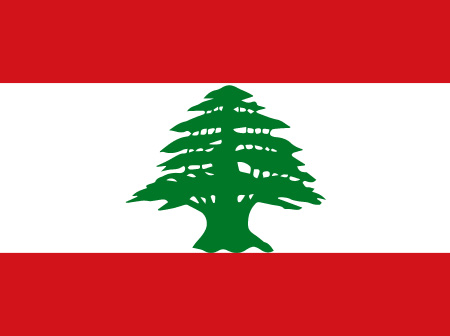The region of Tyre and the Bekaa Valley, in southern Lebanon is approximately 50 miles south of Beirut. This rural area was badly damaged in the late 1970s and early 1980s during the war between Israel and the Palestinian Liberation Organization. The damage to the area’s infrastructure for the supply of water and the treatment of waste has had devastating effects on the health of the local population. Before the “Sustainable Environmental Practices Project” (SEPP), no public plan for waste treatment existed in the region. Natural water sources were often contaminated by sewage and children were frequently ill due to poor water quality. Solid waste was burned in open-air pits or buried in landfills without proper management. There was no recycling and waste disposal was causing conflict between different communities. This project was implemented by the Young Men’s Christian Association (YMCA) Lebanon, whose overall goal was to improve both solid waste and waste water management policies. SEPP conducted a comprehensive environmental education program to strengthen the capacity of municipalities and local communities in environmental management. They implemented an ambitious high-visibility policy dialogue to re-direct national policies on waste management from centralized approaches to locally appropriate and cost-effective technologies. YMCA also managed to organize a roundtable discussion with government ministries, municipalities and representatives of the private sector on waste management in rural areas. The project managed to establish one solid waste treatment plant, which serves 56 villages with approximately 300,000 people, and nine wastewater treatment plants which serve 10 villages. A three year environmental awareness campaign was also presented to 10,000 students and teachers in 94 schools, 88 municipalities and communities, and to more than 50 NGOs; women’s groups and institutions, to increase the visibility and long-term success of the project. Lessons learned from the SEPP are that simple, low cost, technologies work best for rural areas and waste can be viewed as a resource with economic value, whether as recyclable material, compost, or water for irrigation, as this will bring operating income to the project and improve sustainability. SEPP can be replicated in conflict-affected areas using social mobilization, community awareness raising and cost-sharing approaches. As a result of the project, YMCA Lebanon has received many requests from other towns and villages to replicate the project.
–
YMCA – Young Men’s Christian Association
Delta Center, 3rd Floor, Horsh Tabet – Sin El-Fil Beirut, Lebanon
joeawad@ymca-leb.org.lb | Maria.assi@ymca-leb.org.lb
961 1 490640





